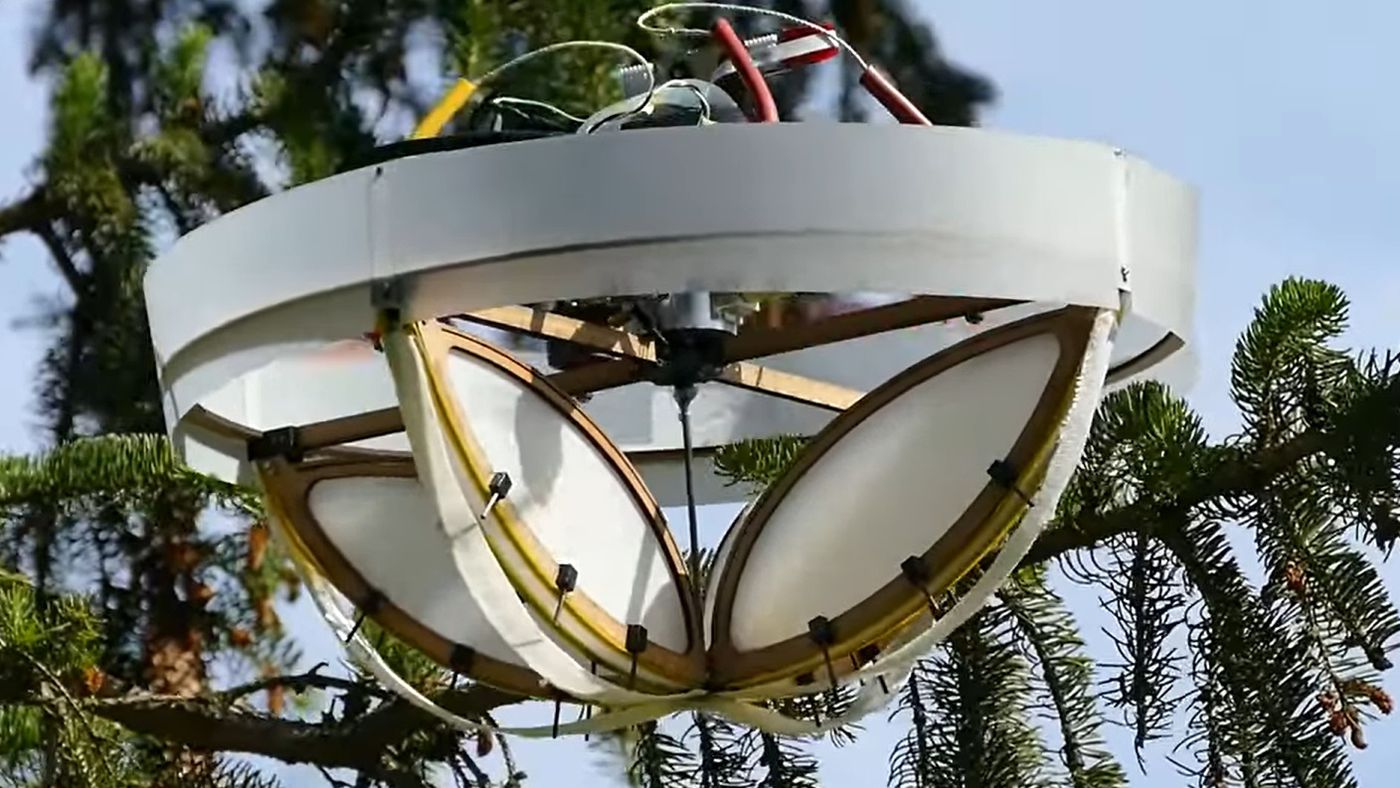Researchers at the Federal Institute of Technology in Zurich, Switzerland, have developed a drone that can collect DNA samples from hard-to-reach trees. The device has the function of monitoring the biodiversity forests—not necessarily the plants themselves, but the animals that pass through them.
Traces of the genetic material of living beings are found everywhere in the environment in which they inhabit. It is easy to collect this material in water or on the ground, but certain habitats, such as the tops of trees, already present a more complex accessibility. This causes some species to escape the monitoring by scientists.
To solve this problem, Swiss researchers teamed up with the company SPYGEN to develop a drone capable of performing such a collection. Equipped with adhesive tapes, the vehicle was built to land autonomously on the branches and remain stable during collection, whatever the thickness or rigidity of the structure.
Programming it for that was the biggest challenge for the researchers, but the result has already been tested on trees of seven different species, obtaining material from 21 different groups of organisms — mammals, birds and insects are among them.
The next steps involve improving the drone in order to collect as many samples as possible from a 100-hectare area in Singapore within a 24-hour period. Ideally, this means landing on 10 trees over the course of a day. Initial tests took three days to sample seven trees.
In addition, the rainy environment of a forest like Singapore offers more challenges, such as heavy rains that, in addition to making flying difficult, can erase the genetic traces that the drone is looking for.
Source: Science Robotics Via: Futurity


